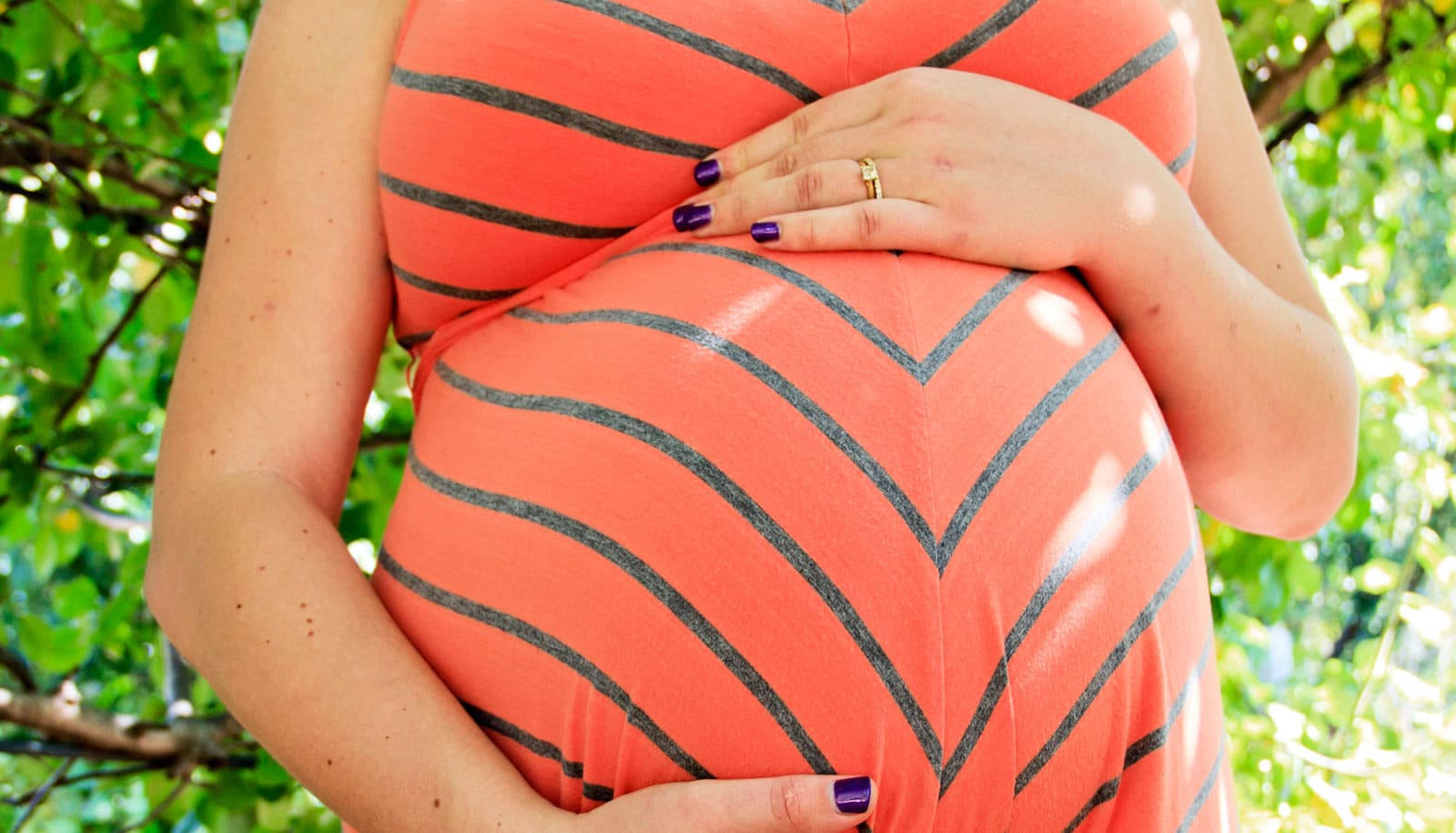Pregnant women who take 600 milligrams of docosahexaenoic acid (DHA)—an omega-3 fatty acid—protect their kids from the blood pressure-elevating effects of excessive weight in early childhood, according to a new study.
Prenatal vitamins, fish-oil supplements, and fish meat all contain DHA.
For the study, researchers enrolled women with low-risk pregnancies between March 2006 and September 2009. Researchers randomly assigned half to take daily prenatal supplement of 600 milligrams DHA, and gave half a placebo.
The findings show that overweight and obesity were associated with higher blood pressure in the placebo group but not in the group where mothers got DHA.
Obese and overweight children of mothers in the placebo group had a large mean increase of 3.94 mm Hg for systolic blood pressure and 4.97 mm Hg for diastolic blood pressure compared with overweight/obese children of DHA-supplemented mothers—statistically significant differences.
While many prenatal supplements in the US contain DHA, most have much less than 600 milligrams. The researchers emphasize they don’t know the amount of prenatal DHA needed to protect against the rise in blood pressure in children with excessive weight.
Nearly 1 in 5 school-age children and young people aged 6 to 19 years in the US have obesity, according to the Centers for Disease Control 2015-2016 data.
“This research is aimed at expectant mothers and pediatricians who wonder what you can do prior to the birth of your child to optimize health and behavior outcomes,” says coauthor John Colombo, professor of psychology at the University of Kansas and director of the Life Span Institute.
“There’s a phenomenon called ‘developmental programming,’ and researchers have studied effects of the prenatal environment on long-term outcomes since World War II. The prenatal environment programs a fetus metabolism for what to expect in the postnatal environment. Part of DHA’s known effects may be in programming cardiac function that preserves normal blood pressure in the case of high postnatal weight gain.”
“Prenatal DHA exposure appears to program the developing fetus to be protected against the blood pressure-elevating effects of obesity in childhood,” says coauthor Susan Carlson, professor of nutrition.
The researchers say they believe lower blood pressure at age 6 might extend beyond childhood.
“It is known that blood pressure tracks over time such that people with higher BP early in life are more likely to have higher BP later in life,” Carlson says.
Additional researchers from the University of Kansas contributed to the study, which appears in JAMA Network Open. The National Institutes of Health supported the work.
Source: University of Kansas


